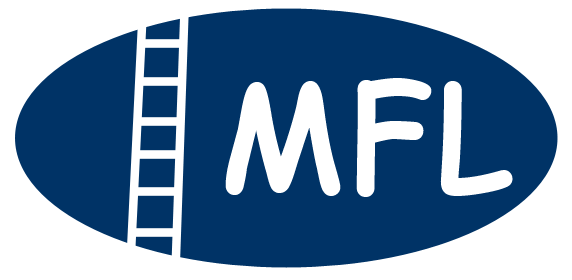Caution: This page contains ONLY GENERAL LEGAL INFORMATION.
It is NOT LEGAL ADVICE nor a replacement for talking to a lawyer
and getting legal advice about your case.
The law can be complicated and the details of a case can be even more complicated!
There are exceptions for every rule.
What you do not know can harm you. Do not rely on general legal information.
AT YOUR OWN RISK.
SELF-EMPLOYMENT OR BUSINESS INCOME
This is a general memo that is important if you:
-
operate a business or are self-employed (whether incorporated or not)
-
deduct expenses from your Gross Income
-
you have a family law dispute involving child or spousal support
Legal advice as it applies to your situation can be obtained from a family lawyer and/or an accountant.
Net Business Income
Your “Net Business Income” is your Gross Business income less your Business Expenses.
If you are incorporated, you file an Income Tax Return for your corporation and may pay corporate taxes. You share of what remains is your Personal Gross Income.
If you are the sole owner or operator, your Net Business is your “Personal Gross Income”. You pay personal taxes on your Personal Gross Income. You report your Business Gross Income and your Business Expenses in the Statement of Business Activities in your personal Income Tax Returns.
Some businesses prepare financial statements for the business for purposes other than Income Tax Returns. This will include an Income and Expense Statement or equivalent.
Income & Expenses in Your Income Tax Return
For small businesses, the only Income & Expense Statement prepared maybe he one in the Income Tax Return.
The Statement of Business Activities in an Income Tax Return is only your statement of income and expenses, not final proof of what they are. Frequently this statement is challenged. Courts sometimes require disclosure of all supporting financial documents.
Personal v. Business Expenses
It is important to make a clear distinction between personal expenses (that may be reported in your Financial Statement) and business expenses (that go in the Income & Expense Statement and the Income Tax Return).
Your Gross Personal Income (before personal taxes and deductions) is used for calculating of support.
You may be tempted to claim personal expenses as “business expenses” to reduce income taxes and support. But this is often challenged in a family law dispute. If you are caught doing this, it can have very serious ramifications for how a court treats any other claim you make. (Revenue Canada can also object to this practice.)
Certain expenses my be partly personal and partly business. You must define what portion is business, as opposed to personal. This is used to claim dollar amounts of personal and business expenses. In a Financial Statement it is best to indicate the percentages claimed. Common examples of such expenses are:
-
use of a vehicle
-
household expenses related to a home office
-
telephone or internet
-
travel
The following are NOT business expenses:
-
meals unless the tax laws allow it
(only 50% of the cost can be claimed if they are allowed) -
legal fees, unless they relate to the operation of your business
-
the cost of preparing your personal Income Tax Return
-
paying salaries to people who do not earn it or who are paid more that is reasonable (be especially careful of people you are related or married to)
Professionals Preparing Income Tax Returns
Often professionals prepare Returns in a way to limit taxes for their clients. They may see a very low risk of an audit by Revenue Canada. But their work can face intense scrutiny by the family court.
You are responsible for what goes in your return. You should get clear advice. If you do not understand it, do not sign it.
The professional should be made aware of the fact that the work may be an issue in your family law dispute. Unfortunately, I sometimes come across professionals preparing Returns giving poor advice and making questionable decisions. Be careful.
Interim Income & Expense Statements
You may be required to provide your Income & Expense Statement before the end of the year. You could be required to provide them quarterly. You (and your accountant) will have to do this. (Lawyers are not responsible or trained to prepare these business financial statements.) They may be required for your Financial Statement.
Documentation
You have an obligation to give the other party your full Income Tax Return with T-slips and other attachments. If someone prepares your taxes for you, get it from that person if possible. So long as you may be obliged to pay support, keep these Returns. (You can store them as PDFs if you wish.)
If your business income and/or expenses are challenged, you may be required to provide all your business records (including invoices, receipts, etc.) Keep these records if there is any risk they may be required.
Avoid cash transactions. The burden is on you to prove your finances and if there is no proof, the court may make negative assumptions (concluding you cash income is higher or your cash expenditures lower). If you give or get cash payments, give or get receipts.
